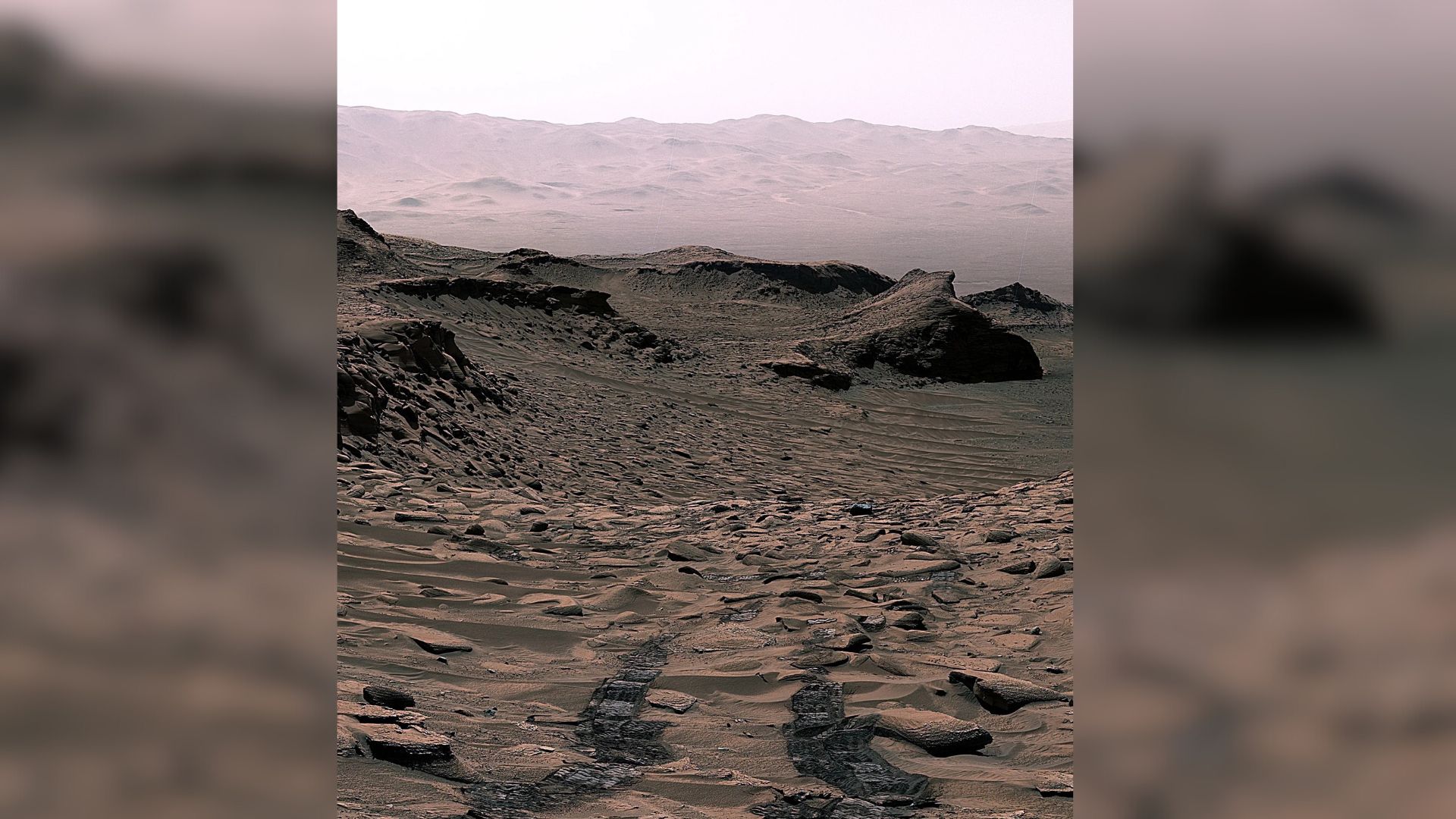Understanding Mars’ Transformation
NASA’s Mars rovers have made a groundbreaking discovery that could explain why Mars transitioned from a warm, wet planet to the cold and dry environment we see today. Researchers found carbonate rocks on the Martian surface, which hold vital clues about the planet’s ancient climate.

This discovery is crucial because these carbonate rocks suggest that Mars once had a more hospitable climate, possibly capable of supporting life. By analyzing these rocks, scientists hope to unravel the mystery of how Mars lost its atmosphere and became the arid world we know now. Understanding this transformation not only informs us about Mars but also provides insights into planetary climate evolution in general.
















